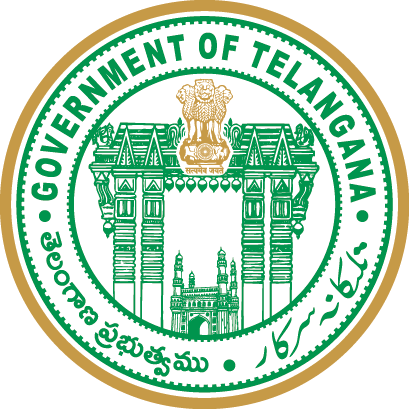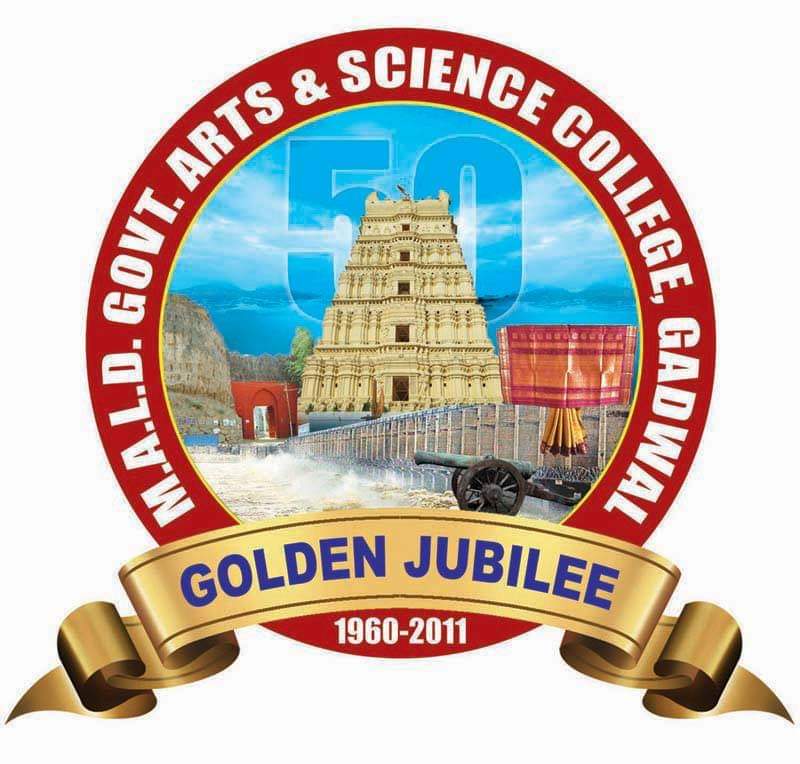POs, PSOs and COs
U.G. Program Outcome, Program Specific Outcome & Course Outcome
I. Program Outcome of Bachelor of Arts (B.A.)
Student seeking admission for B.A. programme are expected to imbue with following quality which help them in their future life to achieve the expected goals.
a. Realization of human values.
b. Sense of social service.
c. Responsible and dutiful citizen.
d. Critical temper
e. Creative ability.
II.Programmes Specific Outcomes (PSO’s)
B.A. ECONOMICS
Programme Specific Outcomes of Economics
Understanding how different degrees of competition in a market affect pricing and output.
Understanding the efficiency and equity implications of market interference, including government policy.
Developing research knowledge in economics.
Developing the skill of data collection & use of sampling techniques in research.
Developing the knowledge about theories of economic growth & Development and issues of economic planning.
Creating awareness about changing macro-economic policies and theories.
Course Outcomes of Economics
B.A I Indian Economy
Understanding characteristics, features, structural changes in Indian Economy.
Comprehension of the nature and impact of New Economic Reforms on the Indian Economy.
Knowing the problems of unemployment, poverty, rising economic and social inequality and problems of regional imbalances in India.
Evaluating the changing role of agriculture, industrial and service sector and foreign sector in Indian Economy.
Measuring the problems and prospects of cottage and small scale industries, and industrial sicknesses.
Measuring the growth, volume, composition and direction of India’s foreign trade and capital inflow since 1991.
B.A-II Banks and Financial Institutions
Understanding the meaning, function and role of commercial banking.
Comprehending the procedure of an account opening, operating and closing.
Knowing the structure, function and role of RBI in economic development.
Judging the progress of financial inclusion.
Evaluating the importance, characteristics and components of the financial Market.
Understanding the role and types of development banks and Non banking financial intermediaries.
Realizing the banking reforms and Basel norms-I and II.
Identifying recent trends in Indian Banking such as E- Banking, MICR Clearing, ATMs, Credit cards and Debit Cards, Travelers Cheques, Gift Cheques, Demat Account.
B.A.-II Macro Economics
Identifying the basic concepts and theories of Macro economics. Awareness about changing macro economics policies and theories.
Understanding various concepts such as; GDP, GNP NNP, Personal Income, Disposable Income, Per Capita Income, and National Income.
Identifying the factors determining gross domestic product, employment, the general level of prices, and interest rates.
Realizing the law of markets, consumption function and investment function.
Judging the role of fiscal policy and monetary policy in a Developing economy.
Knowing features, phases and theories of trade cycles. Evaluating types, merits and demerits of taxes.
Comprehending the role of public finance in developing economy.
B.A.-III Micro Economics
Knowing the decision making of consumer.
Identifying the nature of revenue and cost of production.
Comprehending the demand function and production function. Realizing various production theories.
Clarifying the meaning of Marginal, average, total revenue, and Marginal, average and total cost and its implication.
Awareness of different markets structure. Understanding pricing in different markets. Judging the factor pricing.
Understanding the basic framework of research process. Defining various research designs and techniques.
Identifying various sources of information for literature review and data collection.
Discussing the ethical dimensions of conducting applied research.
Appreciating the components of scholarly writing and evaluate its quality. Knowing various aspects of Research in Economics.
Understanding various data analysis techniques (Mean, Mode, Median, Range, Standard Deviation, Karl person coefficient of correlation).
Ability to interpretation of data and report writing.
Acquaintance with the economic thoughts of Classical, Nationalist and Socialist Thinkers.
Judging the development of economic thoughts.
Realizing the economic concepts and theories of Neo-classicals and Indian thinkers.
Evaluating the development of Indian economic thoughts.
B.A-III Economics of Development
Understanding the concept and aspects of economic Development. Knowing the theories of economic growth & Development.
Measuring the concept and issues of economic planning.
Disussing the need, types and necessary conditions of economic planning.
B.A.-III International Economics
Elaborating the importance of the study of International Economics.
Finding similarities and dissimilarities in inter-regional and international trade.
Knowing the changes in the import-export policies of India.
Evaluating various types of exchange rates and its merits and demerits. Discussing the types and effects of tariffs and quotas.
Judging the function, merits and demerits of Foreign Capital, and International Corporation (IMF, IBRD, WTO and SAARC).
Realizing the volume, composition and direction of Balance of trade and Balance of payments.
B.A. POLITICAL SCIENCE Program Specific Outcomes
1. Knowledge about political system of the nation.
2. Study of national and international political affairs.
3. Study from competitive examination point of view.
4. Understanding the government mechanism, its functions, duties and responsibilities.
5. Creating appropriate and efficient political leaders.
6. Getting knowledge of political law.
7. Getting knowledge of Constitution of India.
Course Outcomes
B.A.-I : Indian Government and Political System
1. Acquiring the knowledge about Indian Constitution.
2. Getting awareness about one’s rights and duties.
3. Getting information about political parties and system of justice in India.
4. Knowing about the problems and challenges in Indian politics.
1. Getting information about the historical survey the formation of Maharashtra State.
2. Study of the local governing mechanism.
3. Developing leadership at local level.
Paper No. 4 & 6 Indian Political Thinking
1. Study of the Indian Political Thinking and their thoughts.
2. Study of the contribution of political thinkers in independent movements and
their need for modern society.
B.A.III -Public Administration
1. Study of the administrative system of the nation.
2. Getting information about various concepts in Public Administration.
3. Study of the mechanism for the solution of problems in Public Administration
The Constitution of America, China & Sweden
1. Getting information about the system of the Constitution and Government
2. Study of different constitutions comparatively.
International Relationship :-
1. Study of the international political system.
2. Study of the international & regional organizations.
3. Study of the relations of India with neighboring countries.
Western Political Thinkers :-
1. Getting information about western thinkers and their political thoughts.
2. Comparative study of the ancient thoughts and modern thoughts.
BACHELOR OF COMMERCE (B.COM)
Program Outcomes
Students who have taken admission to this program of B.Com are expected to concentrate upon the following outcomes. a. Commercial sense.
b. Develop managerial skills.
c. Entrepreneurial skill.
d. Budgeting policy.
e. Human Resources Management.
f. Develop Numerical ability.
i. Well versed with business regularity framework.
Program Specific Outcomes:
ACCOUNTANCY
1. Understanding basic concepts of accountancy, principles of accountancy and accounting cycle to maintain accounts of trading & non-trading organizations.
2. Getting acquainted with the procedure of preparation of income statements, retained earnings, balance sheet and statement of cash flows which are required for external users and more useful to managers for managerial decision making.
3. Inculcating different skills for analysis and interpretation of financial data to understand financial health of an organization and ensure that resources are being used to achieve the organizations objectives.
4. Developing knowledge about cost ascertainment and fixation of selling price and cost control.
4. Obtaining the knowledge of various provisions of Income Tax Act and their applications in computations of taxable income of an individual under different heads of income.
5. Getting working knowledge of generally accepted auditing procedure, techniques and skills.

